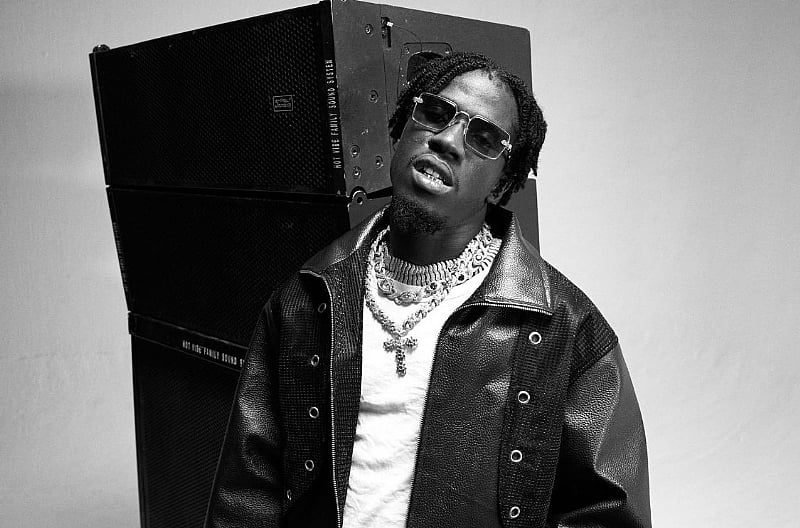The Ghanaian music scene is buzzing with controversy as the 26th Telecel Ghana Music Awards (TGMAs) approach, with a clash erupting between rising star King Paluta and several social media influencers. The heart of the dispute lies in the coveted Artiste of the Year award, for which King Paluta is nominated. Initially, a number of influencers championed his candidacy, expressing strong support for his potential victory. However, these same influencers have seemingly switched their allegiance to fellow nominee King Promise, sparking accusations of monetary influence and prompting a heated online exchange.
King Paluta, fresh off his TGMA win as New Artiste of the Year, took to social media to express his frustration, suggesting that the influencers had been financially swayed to endorse King Promise. He pointed to a particular influencer who had been a staunch supporter just days prior but suddenly changed his tune, now claiming Paluta doesn’t deserve the award. This abrupt about-face led Paluta to question whether all Twitter influencers are “on the payroll.” His comments, laced with sarcasm but also acknowledging the realities of the industry, highlighted a simmering debate about the integrity and transparency of online endorsements in the Ghanaian music industry.
The controversy deepened when a netizen, known online as Ghana Yesu, challenged King Paluta’s criticism of paid endorsements. Ghana Yesu pointed to Paluta’s own alleged acceptance of funds from politicians during the election period, arguing that he should understand the “pay-to-play” dynamics. This accusation brought a new layer of complexity to the situation, exposing the intertwined nature of politics, music, and influence in Ghana. Paluta’s response, admitting to receiving money from Vice President Bawumia, further fueled the online firestorm.
King Paluta’s claim regarding the influencers shifting their support to King Promise adds another dimension to the narrative. King Promise was a strong contender for the Artiste of the Year award in the previous year but ultimately lost to Stonebwoy. This year, he is once again vying for the title, alongside Paluta and other prominent artists like Black Sherif, Stonebwoy, Kweku Smoke, Team Eternity, and Joe Mettle. The influencers’ apparent shift towards King Promise raises questions about whether they are genuinely assessing artistic merit or responding to external pressures, including potential financial incentives.
The incident has ignited a broader conversation about the ethical implications of sponsored content and the potential for it to undermine artistic recognition. King Paluta’s outspokenness sheds light on the challenges faced by emerging artists in an industry often dominated by established names and powerful networks. It also underscores the growing influence of social media personalities in shaping public opinion and potentially influencing award outcomes. The debate raises questions about the transparency and objectivity of award selection processes, and whether they are truly reflective of artistic achievement or susceptible to external manipulation.
Despite the controversy surrounding the Artiste of the Year category, King Paluta has secured nominations in other significant categories, including EP of the Year and Most Popular Song of the Year for his song “Aseda.” Ironically, his popular track “Makoma” was snubbed by the awards board, adding another layer of intrigue to his TGMA journey. The upcoming awards ceremony promises to be closely watched as the drama unfolds, and the industry grapples with the complex interplay of talent, influence, and financial interests. The outcome will undoubtedly have significant implications for the careers of the nominated artists and could potentially reshape the landscape of the Ghanaian music industry.


